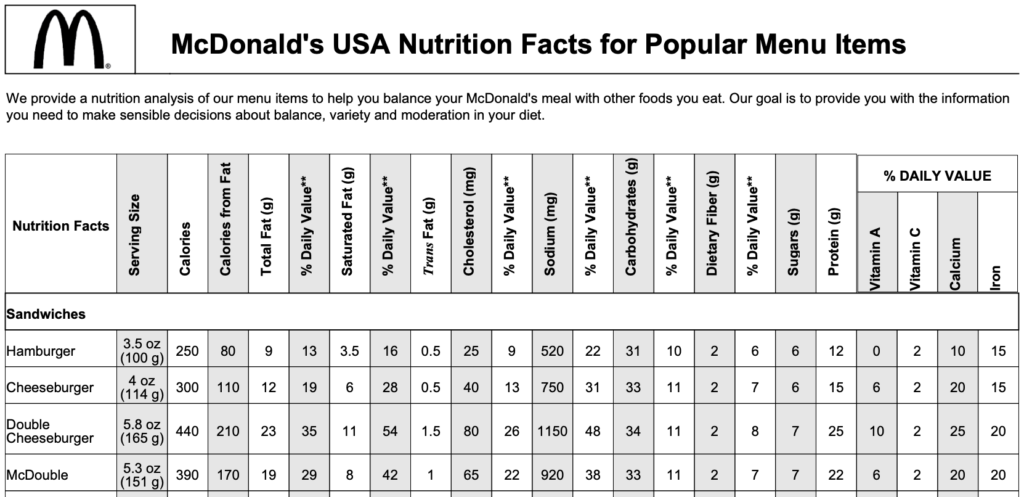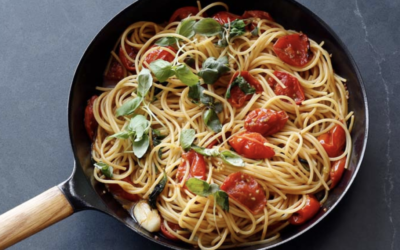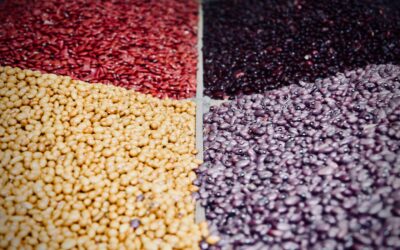Do you know how long the average life expectancy of Japanese people is? According to 2020’s data, men are 81.64 years old, rank 2 in the world, and women are 87.74 years old, top in the world.
One of the factors that contribute to the longevity is “Japanese food”. However, Japanese people have one fundamental identity that is rooted not only in Japanese food, but also in the way they eat.
“Hara-hachi-bun-me” keeps the Doctor away.

Increasing in life expectancy by more than 60% ?
“Hara-hachi-bun-me” in Japanese can be decomposed and translated as below:
“Hara”: Stomach
“Hachi-bun-me”: Eight-tenths(80%)
In other words, this phrase means that you should eat in moderation, aiming to eat about 80% of your full. This proverb has been handed down from ancient times in Japan. In English, we also have a saying, “Light suppers make long”.
So why is it that “Hara-Hachi-bun-me” is good for your health? In fact, the scientific verification of this question has been actively conducted in many countries around the world since the 1980s. In this study, the average life expectancy of small animals such as rats was compared between one group that was fed a fixed amount of food and another group that was fed as much as they wanted.
For example, one study conducted in Japan reported that the average lifespan of mice that were allowed to eat as much as they wanted was 74 weeks, while that of mice that were restricted to 80% of their diet was 122 weeks, more than 1.6 times longer.
Importance of calorie control
Subsequently, various studies have confirmed that a certain amount of calories in the diet can slow down the aging of cells. As a result, it has been pointed out that a healthy diet is effective in preventing many lifestyle-related diseases, such as cancer caused by cell dysfunction, vascular diseases caused by arteriosclerosis (high blood pressure, stroke, myocardial infarction, etc.), and diabetes.
In fact, an American study on monkeys, which is more similar to humans, reported that a 30% calorie restriction (seven-tenths of stomach) improved body fat, blood pressure, blood sugar, and triglyceride levels.
Elucidation at the genetic level
The relationship between calorie restriction and health has since progressed to the genetic level. To date, various genes and their related substances that control life span and aging have been discovered, and many of them are related to calorie intake.
For example, a type of enzyme called “Surtuin”, which is produced by certain genes, works to prevent cell aging. It has been found that a certain amount of calorie restriction activates Surtuin and strengthens its ability to prevent cell death.
In addition, there are a number of genes we have that function to suppress the development of diseases when we are young, but stop functioning when we reach a certain age. This makes it impossible to suppress the growth of abnormal cells, which may lead to the development of cancer and an increased risk of Alzheimer’s disease.
It is presumed that the duration of the function of these genes can be prolonged by a certain amount of calorie restriction. This means that the onset of age-related diseases can be delayed to that extent.
3 tips to do “Hara-Hachi-bun-me”
It is difficult to clearly define what 80% of a full stomach is. So, we would like to think about it in terms of the amount of calories we consume.
#1. Reduce fat

Calories contain the energy needed to sustain life, so it is not a simple matter of restricting them. The nutrients that have calories are carbohydrates, proteins, and fats. Basically, it is important to reduce these in a balanced manner so that you do not take in more calories than you need.
Of these three nutrients, fat contains the most calories per gram, more than twice as much as the other two. This means that reducing fat is the most efficient way to regulate calories.
Now, let’s take a specific food as an example and focus on fat in terms of calorie content. The subject is food from McDonald’s. They provide information on the ingredients of typical menu items as necessary for your health as below:

Reference: McDonald’s USA Nutrition Facts
(a) McChicken® 5oz(143g)
Calories: 360Cal.
Carbohydrates: 40g
Protein: 5g
Fat: 16g (Calories from fat: 150Cal.)
(b)Premium Grilled Chicken Classic Sandwich 7.5oz(201g)
Calories: 360Cal.
Carbohydrates: 41g
Protein: 27g
Fat: 9g (Calories from fat: 80Cal.)
These two are both chicken-based foods and have the same amount of calories. However, there is a big difference in their nutritional composition. While (a) has less protein than (b), it has much more fat. As a result, (a) has more calories than (b), even though it has less mass.
We can assume that the reason for this configuration is that (a)’s chicken is cooked by baking, while (b)’s is fried in oil. In other words, the fat tends to increase in the case of foods fried in oil.
There is a tendency among people today to consume too much fat. In particular, excessive intake of animal fat has been pointed out as one of the causes of various lifestyle-related diseases such as obesity, hyperlipidemia, and cancer. It is recommended that the ratio of fat to total energy should be no more than 20-25%.
#2. Set down your Chopsticks

In the McDonald’s example above, it is better to eat Grilled chicken to reduce the intake of fat. So what should you do if you really want to eat McChicken?
The first is to “put down the chopsticks after every bite. If you don’t use a chopstick, it’s hard to understand what this phrase means, but it is the same as “eat slowly”. This stimulates the satiety center, which helps prevent overeating.
Leptin is a biologically active substance that suppresses appetite by acting on the satiety center. Leptin is secreted by fat cells that are affected by elevated blood glucose levels due to eating and is carried in the bloodstream to the leptin receptors in the brain, where it stimulates the satiety center.
However, leptin is not transmitted to the brain until 20 to 30 minutes after the first meal. In other words, if you eat slowly and let the leptin function properly, you will feel full more easily, which will help you eat less and absorb fewer calories.
#3. Eat lots of vegetables

If you are not satisfied until you feel full, why not expand your stomach by eating more vegetables instead of meat and fried foods?
“Health Japan 21“, promoted by the Ministry of Health, Labor and Welfare, has set a daily vegetable intake target of about 350g.
There are many vegetables, such as squash, potatoes, and soybeans, that can make you feel full. By including more of these vegetables and mushrooms, you can keep your calories low while feeling full.













